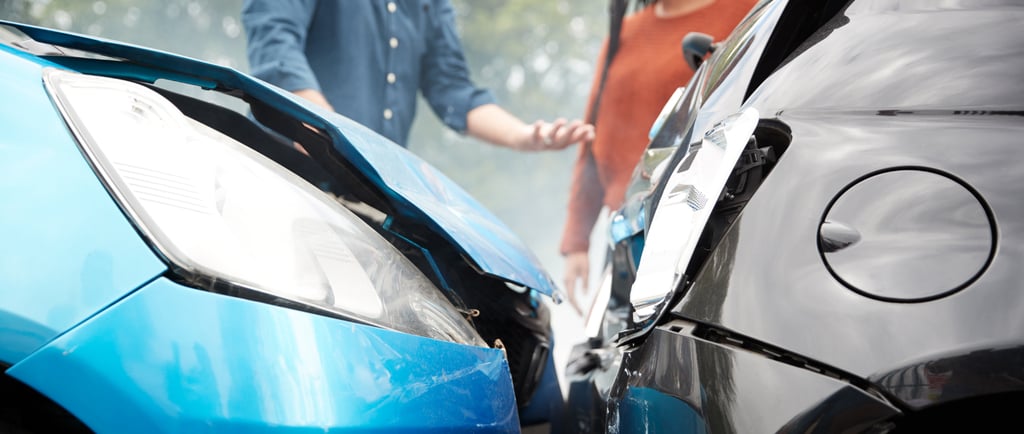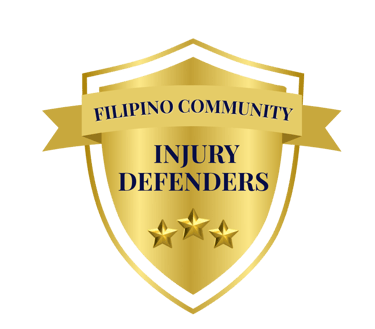What To Do Immediately After a Car Accident
Having a post-accident plan is important. Knowing what to do in those first few minutes, hours, and days will help you stay safe and will protect your health, finances, and peace of mind.
Editorial Team
8/16/20253 min read


After a car accident, you'll probably experience the haze of adrenaline and shock. That's when you need a mental checklist on what to do after an accident -- quick, clear, and ready when you need it most. Here's what to do:
1. Stay Calm and Check for Injuries
This is super important. Try to calm yourself enough to check yourself: fingers, toes, neck, head. Can you move? Can you speak? Now, check anyone else in the car. Speak softly and avoid sudden movements.
If someone’s injured, resist the urge to play hero. Move them only if there’s an immediate danger.
2. Get to a Safe Location
If the car is drivable and you won't risk worsening things, gently steer to the side of the road or a nearby shoulder. Hazard lights go on.
If you can’t move the car, it’s safer to stay inside, seatbelt on, unless there is danger -- like an engine that's on fire.
3. Call 911—Even If It Feels Minor
Call the police—always, even if it’s just for documentation.
Explain what happened, provide your location (landmarks help), and be ready to answer questions. A formal report can save us headaches down the line. And if anyone’s hurt, the dispatcher will send emergency services.
4. Turn Off the Engine and Use Your Hazard Lights
It's best to turn off your engine after an accident, especially if it has sustained damage in the accident and could be leaking flammable liquids.
5. Don’t Play the Blame Game
Regardless of who may be at fault, stay quiet and calm. Don't say “I’m sorry” -- it can be used against you as an admission of fault. Be polite. Be concerned for the welfare and safety of others involved. Just don't apologize. And don't say "I'm fine" either.
6. Exchange Information Politely
Collect names, phone numbers, license plate numbers, and insurance info. Be sure to ask for their driver's license and insurance card, and make sure the information matches.
Here’s what to gather:
Full name and contact details
Insurance company and policy number
Driver’s license and license plate number
Vehicle make, model, and color
Location of the accident
7. Document Everything
Take pictures from every angle: the street, the damage, the license plates, the skid marks, and the traffic signs. If there’s a witness, get their version and contact info.
If you’re able, jot down the time, weather, road conditions, and any quirks that might be helpful. Was the sun in someone’s eyes? Was someone texting? Did something fly off from the other car? Anything odd might be crucial later.
8. Avoid Posting About Your Car Accident on Social Media
Don't broadcast the accident on social media. Keep our story offline and between the parties, the authorities, and the folks who need to know.
9. Get Medical Attention—Even If You Feel Fine
You might feel “fine” at the time of the accident and wake up days later feeling like you were hit by a ten-wheeler. Some injuries—like whiplash or internal trauma—don’t present right away.
So, get yourself checked out. Go to the ER, urgent care, or your regular doctor.
10. Call Your Insurance Company Immediately After a Car Accident
You'll need to notify your insurance company. Be honest. Provide the facts. Let them guide you through what’s next. And remember—record the call or follow up in writing if your state allows. That way, nothing gets lost in translation.
11. Keep a File
Get a folder, physical or digital, and dump everything in it: police reports, medical bills, insurance emails, photos, and even your notes. Someday, weeks or months from now, we might need it. Don't leave anything to memory.
When to Call a Personal Injury Lawyer
It's generally a good idea to contact a personal injury attorney soon after a car accident, especially if injuries or property damage are significant. If there are disputes about fault, complex insurance issues, or if the insurance company is not cooperating, seeking legal counsel is highly recommended.
Even in minor accidents, if there are concerns about injuries or property damage, consulting with an attorney can provide clarity on your rights and options.
Contact
Claims help@aksidente.com
Lawyers lawyers@aksidente.com
This website is a group advertisement. It is not a law firm, lawyer referral service, or prepaid legal services plan. The information provided on this site is for informational purposes only and is not legal advice. By filling out the free consultation form, you are not forming an attorney-client relationship. You can only retain a lawyer by entering into a written retainer agreement with an attorney. All case evaluations are performed by participating attorneys. Each case is different. The result depends on the laws, facts, and circumstances unique to each case. Our company does not make any representation and has not made any judgment as to the qualifications, expertise, or credentials of any participating lawyer. Hiring a lawyer is an important decision that should not be based solely on advertising. Our services may not be available in all states. Stock photographs showing models are used on this website for illustrative purposes only. Models shown have no affiliation with law firms. Please reference the Terms of Use and the Supplemental Terms for specific information related to your state.
We use cookies to personalize content and to analyze our traffic. We also share information about your use of our site with our analytics partners who may combine it with other information that you have provided to them or that they have collected from your use of their services. You consent to our cookies if you continue to use our website.
Copyright © 2025 | All Rights Reserved


Website Designed by DotmagIQ
323.426.2210


